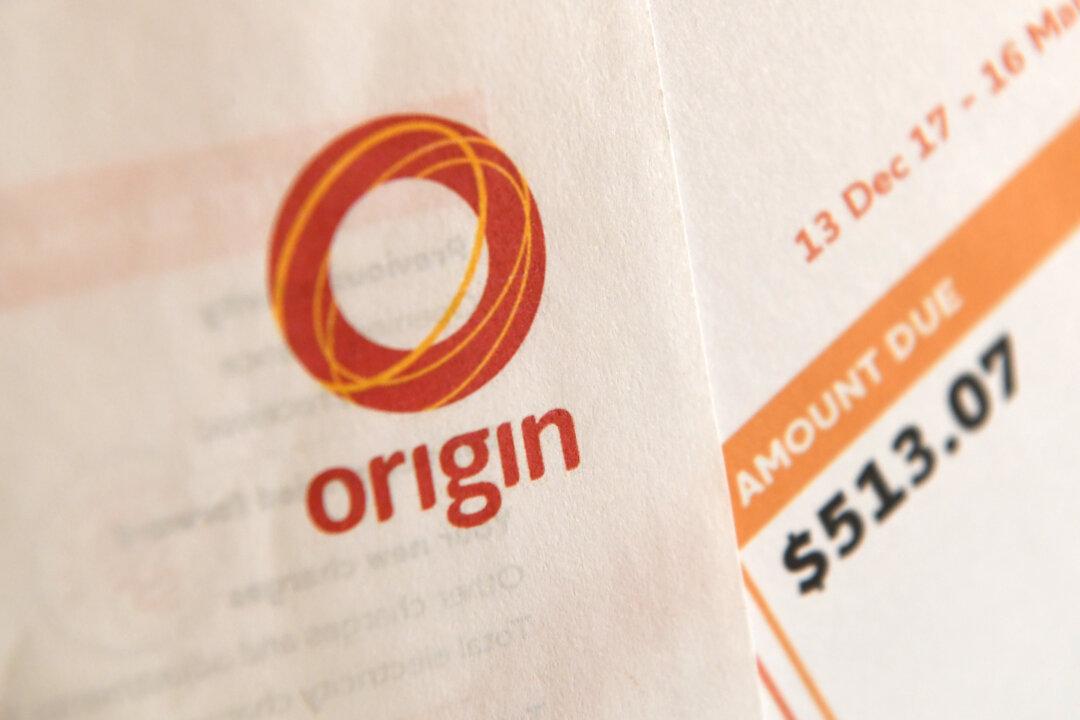Almost half of Australian households distrust online energy-saving tips, leading to calls for a more trustworthy information hub.
In a recent Energy Consumers Australia survey (pdf), 48 percent of households could not recall seeing any online savings tips this year, suggesting a desire to save on energy use and bills, but a lack of trust in the energy market’s advice.





